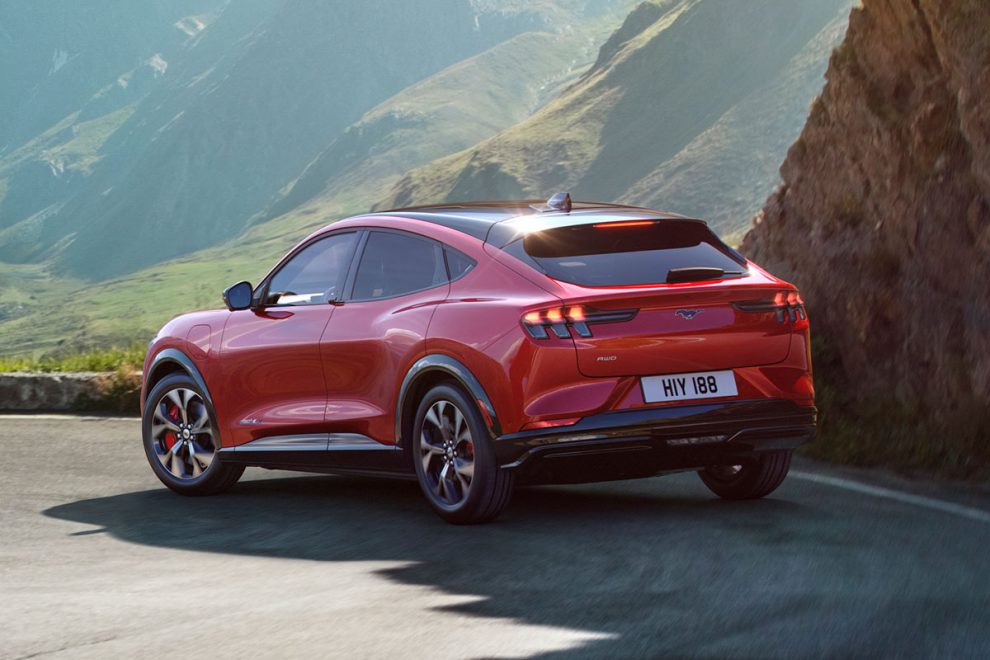Read The Full Article On: Fleetnews
Charley Grimston, co-founder of Altelium and CEO of CNC Asset Ltd
There have been plenty of good news stories coming from the automotive sector since the covid-19 outbreak, including car manufacturers switching their production lines to make ventilators. But, of course, there are concerns about the industry’s economic stability, at the beginning of April 2020 car sales were down 44 per cent.
However, there are three powerful reasons why the electric vehicle market will be supercharged by this dreadful virus and lockdown when it’s over.
Clean refuelling
Firstly, drivers will want electric vehicles because diesel and petrol forecourts will be perceived as unclean. You have to hold the pump the previous person has used, touch the screen or enter the shop to pay. With electricity you can fuel up at your own home for consumers, or at a centralised depot for fleet owners.
We may all want to get back to normal but some things you can’t unknow, and one of those things is how infection is transmitted.
Preserving environmental gains
Secondly, people will want to do things differently and better. Those who can afford to buy cars will want to play a part in making the world a better, greener place. Already we are seeing how nature is recovery as a result of the lockdown: “This is the first time I have seen such a dramatic drop-off over such a wide area for a specific event,” said Fei Liu, an air quality researcher at NASA’s Goddard Space Flight Centre describing levels of nitrogen dioxide over China.
The nationwide shutdown has led to a big drop in air pollution across the UK’s major cities. For nitrogen dioxide pollution, new data shows that this has almost halved in London, Birmingham, Bristol and Cardiff. Transport contributes 23 per cent of global carbon emissions and driving is by far the largest element of that, contributing 72 per cent of transport carbon emissions.
When the engines of the economy start again, we’ll want to try and preserve these gains. A report just published by the Journal of Nature has proved that electric vehicles produce less carbon dioxide than petrol cars across the vast majority of the globe. There were lingering doubts in some quarters about the environmental credentials of electric cars, centred around the battery. This report lays those concerns to rest. So, when people start buying again, they will buy with the environment in mind – and that means electric.
Buy once, buy well
And thirdly those investing in new cars, especially fleet owners, will want to buy well. This global lockdown and coronavirus is like nothing we have ever experienced, but what many of us have experienced is recession. At times of recession, or worse, warranties become far more important to both the car owners and manufacturers.
To fleet owners, a long warranty is a sign of quality and reassurance. To the manufacturer it provides a way to demonstrate your belief in your product quality. A warranty allows a product to be sold on quality and therefore protects profit margins. Profitably is also protected further downstream, where a warranty allows the manufacturer to offer range of customer service and support, underwritten by their insurance.
How do we know this is the case? We have been providing damage and breakdown extended warranty and renewable energy insurance for plant and machinery for over thirty years. We have seen ourselves and our customers through huge fluctuations in the market, and what has provided consistent protection throughout this time is the warranty.
Developing warranties for EV batteries
Until now it has been difficult to develop warranties on electric vehicles, specifically the battery, because the technology is so new. Traditional lead acid batteries come with a raft of data and industrial standards, developed and refined over many years, which inform investment or warranty decisions.
There was a lack of data around electric batteries which held back investment decisions about the single most important component part – the electric battery. There’s too much risk involved to offer a good, long warranty if you don’t know what affects the product’s performance and longevity.
Now this final issue has been addressed. Intelligent data can now be gathered in real time from electric batteries and then enhanced with AI learning to describe the current, past and likely future performance of the battery at an individual cell level. Systems like Altelium are at the forefront of this. They unlock market potential because armed with this data the battery can be given second life uses.
Intelligent planning
Here again the warranty is the catalyst of change. A comprehensive warranty at individual cell level can include service and breakdown cover for the cell in it its second life situation as part of a static energy storage system. This extends the revenue stream for the manufacturer or the owner of the storage facility.
It also extends significantly any carbon footprint calculations for the car itself because the battery cells will be in operation for so many years. Unlike Bernard London who suggested that recession could be ended through ‘planned obsolescence’ in 1930s, now the approach must be the total opposite. We must recognise intelligent planning and electric vehicles are the exemplar of how to energise the automotive market.

